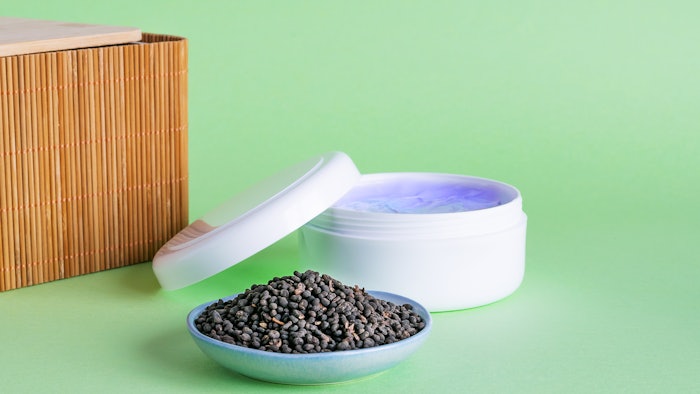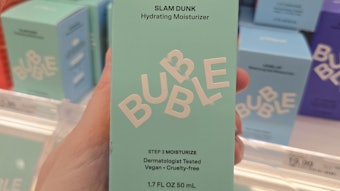
Research published in the International Journal of Cosmetic Science studied the holistic effects of bakuchiol as a dermocosmetic treatment for skin aging.
Featured: [podcast] Bakuchiol Anti-aging: Retinol Equal, Opposite Action
The authors determined the activity profile of bakuchiol in vitro, ex vivo and in vivo, in comparison with that of retinol, which is currently considered one of the most widely known ingredients for topical anti-aging treatments.
Results
In contrast to retinol, bakuchiol demonstrated high antioxidative efficacy. Additionally, wounds supplemented with bakuchiol but not retinol displayed an increase in epidermis regeneration.
Clinically, areas treated with a bakuchiol-containing formulation showed a statistically significant increase in fibronectin (FN) protein values after four weeks of application, compared with untreated and vehicle-treated areas.
Conclusion
The data showed evidence for the multidirectional efficacy of bakuchiol against cellular hallmarks of skin aging. Bakuchiol's activity profile also shared some common features with retinol but reportedly demonstrated several previously unknown positive effects; namely the stimulation of FN and accelerated epidermal regeneration and wound healing.
Previously: Q&A: Winky Lux Debuts Bakuchiol Cream Oil, Blue Light Serum









